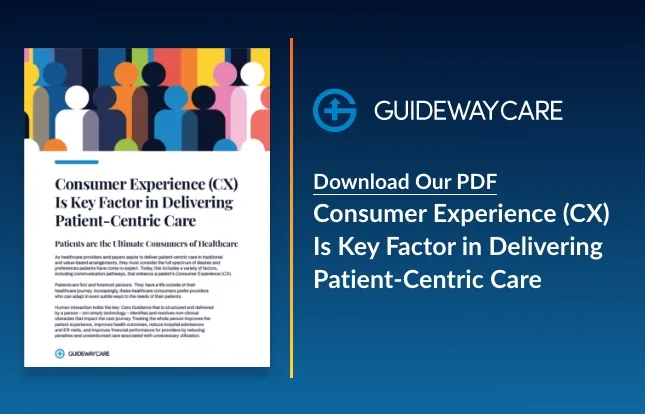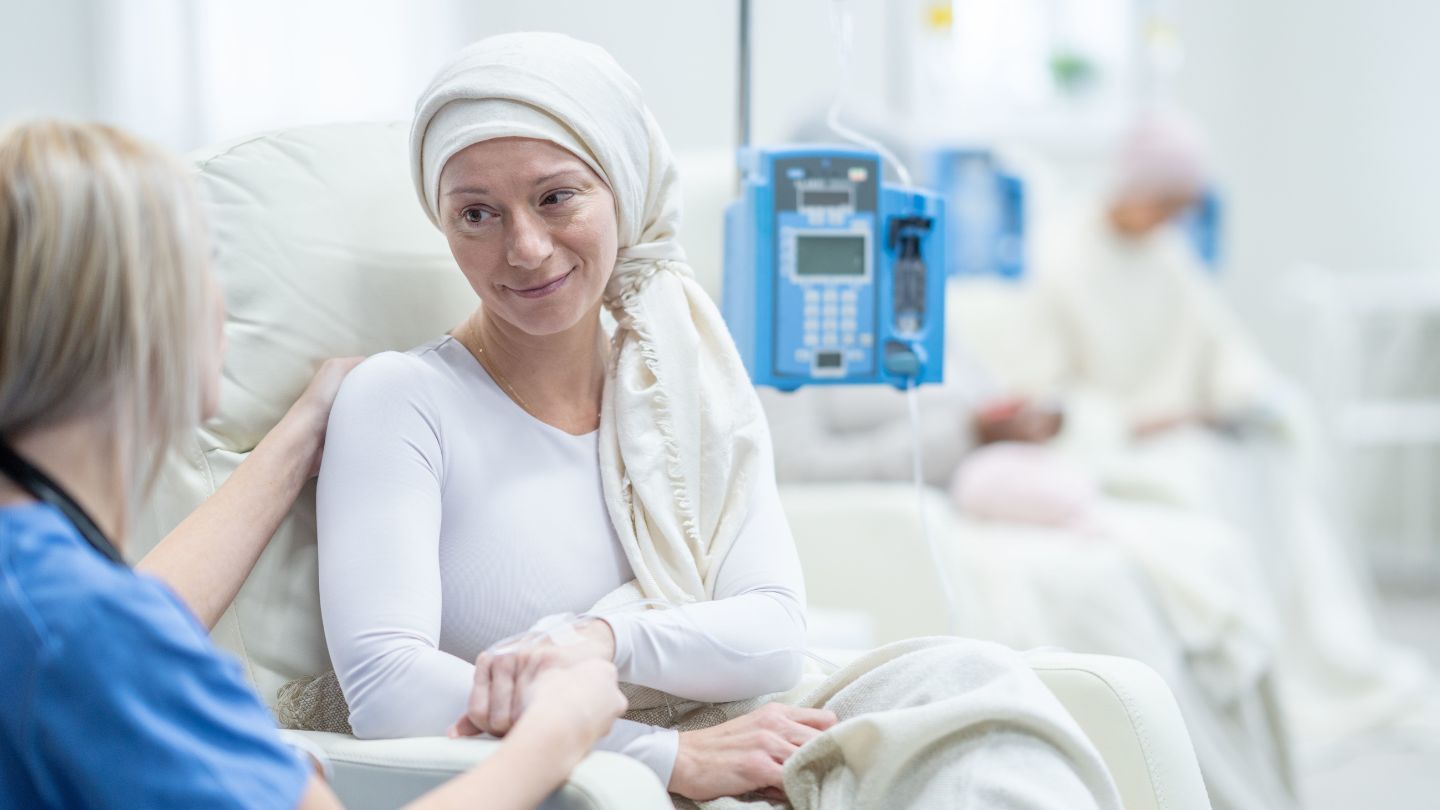Identify Key Areas To Address To Improve the Quality of Care for All Patients

Cancer care is constantly evolving, and healthcare providers must stay up-to-date on the latest treatments and technologies.
The Centers for Medicare & Medicaid Services (CMS) has unveiled the Enhancing Oncology Model (EOM) to improve quality care while reducing costs. The EOM is a 5-year voluntary model, beginning on July 1, 2023, that encourages care providers to change from the traditional fee-for-service model into a more comprehensive model of care that emphasizes quality outcomes and patient experience.
Read more: Guideway Care Announces Program Results: Meeting Goals of New CMS Enhancing Oncology Model.
There are different ways to improve the quality of cancer care, but experts in Oncology have identified three key areas that are essential to consider:
1. Improved Communication Between Healthcare Providers and Patients
Oncology care is complex and involves many different healthcare professionals. As a result, communication between providers and patients is essential to ensure that the patient receives comprehensive care from various perspectives. Improved communication between healthcare providers and patients can help reduce errors in diagnosis and treatment, provide better education about treatments, and lead to improved health outcomes for patients with cancer.
For example, radiation therapy in cancer patients requires an interdisciplinary approach. It involves collaboration between radiation oncologists, medical and surgical oncologists, physicists, nurses, and other healthcare professionals to provide the best possible care. Cancer care can be improved by actively encouraging communication among all team members and ensuring that patient education is a priority.
2. Increased Focus on Patient-Centered Care
Patients should remain the focus of any healthcare system. The Leaders in Oncology identified increasing patient-centered care as one key area to improvise the quality of cancer care for all patients. This includes emphasizing patient education, engaging with the entire family, creating an individualized treatment tailored to each patient’s needs, and providing emotional support for a better quality of life. The emphasis is on a holistic approach to care rather than just focusing on the medical aspects alone.
This involves:
Developing a comprehensive plan of care that is informed by the patient’s values, preferences, and cultural background
• Offering supportive care services to help with symptoms such as pain or nausea
• Utilizing telehealth services to provide patients with more convenient access to care
• Empowering patients and their families by providing them with information and resources to help make informed decisions about their care
3. Diversity and Inclusion
Leaders in Oncology have identified three key areas to enhance the quality of care for all cancer patients. The third area is diversifying and ensuring that the oncology field is inclusive of everyone. This means ensuring enough medical professionals from various backgrounds, such as those from different racial and ethnic backgrounds, genders, and life experiences. This is essential to provide a more holistic approach to cancer care that addresses the needs of all patients. Additionally, it is essential to ensure that the medical staff is adequately trained on cultural competency and how to create an environment within their practice where everyone feels respected and welcome.
With Guideway Care’s oncology navigator model, value-based cancer care can now be delivered to improve the care for all patients. In the Enhancing Oncology Model (EOM), patients and families benefit from reduced out-of-pocket costs, increased clinician access, and improved disease progression.
Contact Us Today To Learn How We Can Help
"*" indicates required fields




